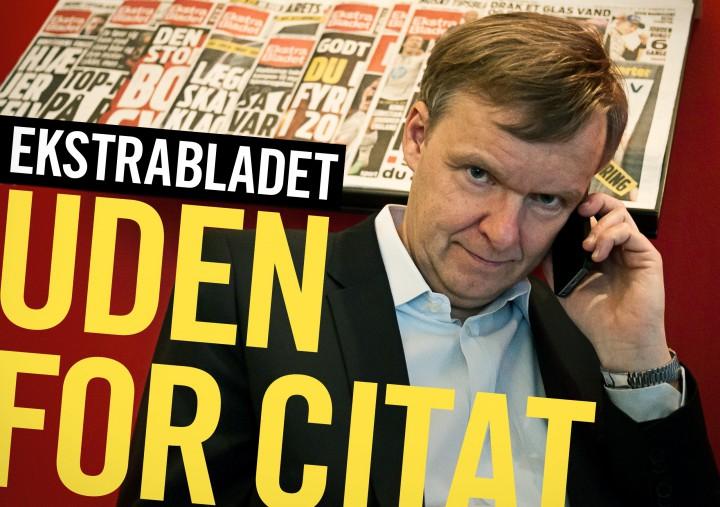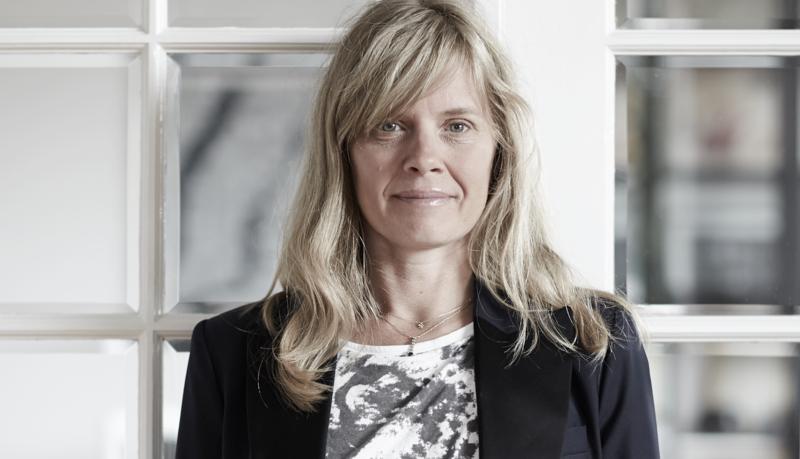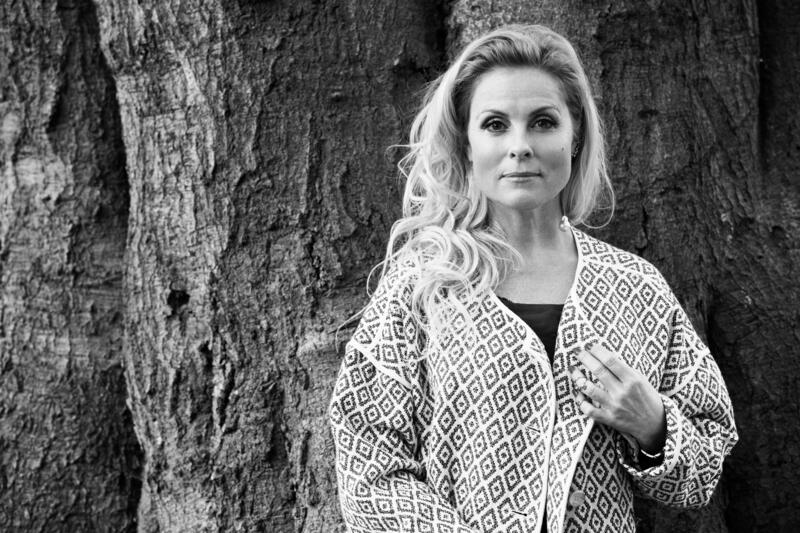My father was editor-in-chief of a socialist paper called Socialistisk Dagblad, which was in danger of closing, and he put up the family's row house as collateral to save the paper. The prospect of having to move was a pretty big deal. But it says something about how important print newspapers were in our family. We didn't lose the house, but the paper closed – and I remember that as painful.
I absorbed journalism with my mother's milk and always wanted to do a film about a newsroom. No one ever really has, in a way that gives you insight into the journalistic process. And that's important – to understand our democracy and to understand the role of journalism. We have seen portraits of politicians and coverage of all sorts of other aspects of our society. Journalists are way down on the credibility scale, and I think people until now have had a grossly wrong image of journalism.
There were two papers I thought it would be interesting to make a film about. One was Information, which I knew (Krogh's father was editor-in-chief, ed.), and the other was Ekstra Bladet, because it's so controversial and because I love to hate it. On one hand, I think Ekstra Bladet has the most amazing scoops and I love that politicians are afraid of ending up on the front page of the paper. On the other hand, some of their front pages just make me wonder what the hell they're doing. 'What was the editorial process that led to this, and is anyone using their brains?'
I always try to stick to investigating and not bring in any preconceptions I'm looking to confirm. Perhaps that's where documentaries and journalism diverge. I often find that the work of journalists is about wanting to confirm a thesis, and that's not how I work at all. I investigate and when I sit down to edit, I pick certain threads.
I think it's more interesting simply to observe and report. That's my method. If I only just ask questions, they (editors and journalists, ed.) are really good at talking their way out of it and feeding you a line – that's part of the reason why so many media programmes and news magazines look the same.
Editor-in-chief Poul Madsen is putting his ass on the line with this film. He showed me enormous confidence by opening his doors to me.
He has a pretty unique job, because he's both the editorial leader and a businessman. That's a pretty unique combination, having to both set the daily editorial line and turn the sinking ship around. The way I see it, he's a highly likeable person in a mega-cynical position.
This is an abridged version of an interview first published in the newspaper Information on 26 September 2014.
"The Newsroom – Off the Record", selected for Of Media and Men at IDFA 2014, is produced by Sigrid Dyekjær for Danish Documentary Production.



